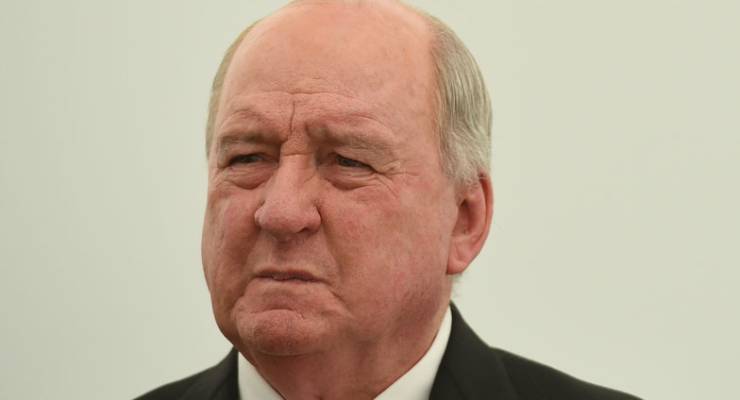
It has become apparent in recent weeks that there are a variety of responses to the policies and conduct of Vladimir Putin. While not everyone would be upset to be compared to the president of the Russian Federation, a Sydney barrister certainly took exception when Alan Jones’ described him as a”Putin-like bully”, with his lawyers arguing it was defamatory. The comments about Derek Minus, a barrister, mediator and arbitrator, came after Minus was appointed to arbitrate a dispute between Hume Coal Pty Ltd and an elderly landholding couple.
The case commenced with the filing of an initial statement of claim in June 2016. Following a series of adjournments requested by the plaintiff, a proposed amended statement of claim, which sought to add three imputations (including “Putin-like”), was filed in February this year. In the decision, handed down in the New South Wales Supreme Court last Thursday, Justice Lucy McCallum ultimately refused leave to file an amended pleading.
Professor David Rolph of the University of Sydney faculty of law told Crikey he couldn’t recall any other cases where a plaintiff had successfully argued that a comparison to a public figure was defamatory.
“This case really points to the complexity of trying to isolate precise acts and definitions in normal speech — so, to describe someone as ‘Putin-like’, what does that actually mean in terms of actual damage to someone’s reputation?” he said.
Rico Jedrzejczyk, the barrister representing Minus, cited the context of the broadcast to defend its inclusion. Jones’ remarks were made not long after the shooting down of MH17 and the resultant public outrage aimed at Putin in Australia, including from then-prime minister Tony Abbott, who famously pledged to “shirt-front” the Russian leader.
McCallum, however, said:
“In my view, it is undesirable for an imputation to be framed by reference to the attributes of a political figure. The plaintiff’s resort to particular world events to lend meaning to the phrase ‘Putin-like’ illustrates the difficulty. The various attributes of Mr Putin may be understood or perceived differently from listener to listener.”
“I also thought it was particularly interesting that Justice McCallum took judicial notice of the recent public discussion around Putin — noting the different opinions of Senator Hanson and Prime Minister Turnbull,” Rolph said.
Indeed, McCallum noted the recent interest in Putin’s attributes was not all negative.
“Coincidentally, Australia’s perception of Mr Putin is back in the press this week following comments by Senator Pauline Hanson. Senator Hanson is attributed with having expressed her respect for the Russian leader, saying: He is very patriotic towards his country, the people love him, he is doing so well for the country. So many Australians here want that leadership here in Australia.”
“Defamation law seeks to cover all forms of communication, but of course the way in which [defamation law] constructs language is hard to reconcile with the wild and woolly way people sometimes talk,” Rolph said. “As Justice McCallum said, arguments around precision, specifying exactly how a statement is defamatory can be very tedious, but are absolutely necessary.”
McCallum raised similar arguments against the inclusion of the phrase “bastardry and mongrel behaviour” and the implication of Minus’ “complicity” with South Korean Company POSCO, saying both were “insufficiently precise” to be defamatory.
Minus told Crikey he accepted McCallum’s decision and was in the process of “preparing amended imputations as previsaged by her Honour”.
Banki Haddock Fiora, the legal representatives for the defence, were contacted for comment but did not respond before deadline.








I imagine there are a few barristers who would be chuffed to earn that description.
If ever there were a perfect example of the unnecessity of the lawyer class, this is it. Dick the Butcher, Henry VI.